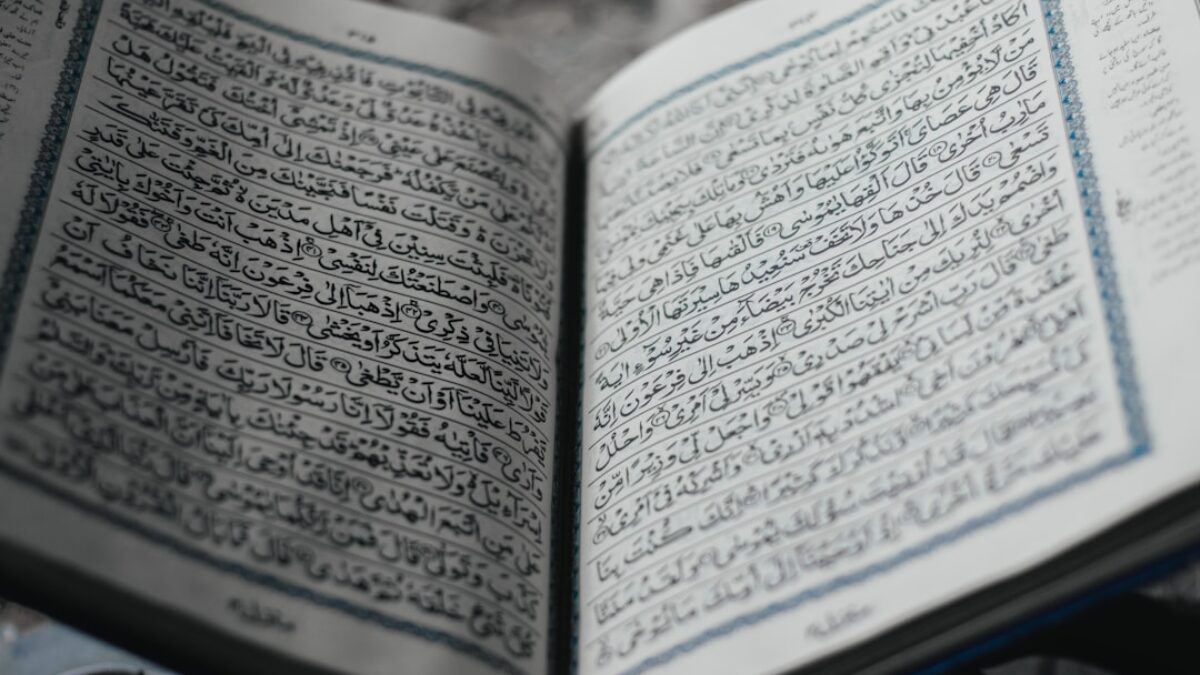Every Muslim faces moments when the path ahead seems clouded—whether it’s choosing a life-partner, accepting a job offer, or relocating to a new city. In such junctures, Islam provides a luminous lantern: Salat al-Istikhara, the prayer of seeking good from Allah. This concise yet profound act of worship transforms hesitation into serenity by turning the heart directly to the only Guide who knows the seen and the unseen. The following guide unpacks every layer of Istikhara—its linguistic roots, spiritual mechanics, and practical steps—so you can approach any decision with unshakeable confidence in divine wisdom.
Understanding Istikhara
Meaning and Linguistic Roots
The word Istikhara stems from the Arabic root kh-y-r (خ-ي-ر), which conveys “choosing the better of two good things.” When we say “Allahumma inni astakhiruka bi-‘ilmik…”, we are literally asking Allah to select the best option for us through His infinite knowledge. Unlike common misconceptions, Istikhara is not restricted to major life events; any permissible matter that carries doubt or significant consequence qualifies.
Spiritual Essence and Purpose
At its core, Istikhara is an act of delegation (tafwid). By performing it, the servant acknowledges “I do not own benefit or harm for myself; only Allah does.” This mindset dissolves anxiety, because the outcome—whether obvious or not—is already filtered through divine benevolence. The Prophet ﷺ summed this up succinctly: “The supplication of Istikhara will never be turned back empty.”
Key Components of Istikhara Prayer
Conditions and Prerequisites
- Sincerity (ikhlas): The intention must be purely to please Allah, not to secure a worldly desire.
- Permissibility: The matter itself must be halal; one cannot seek guidance to commit injustice.
- Ablution (wudhu): Like any voluntary prayer, physical purity is required.
- Timing: Best performed after Isha or before Fajr, but permissible at any time except makruh hours.
Detailed Step-by-Step Guide
1. Purify Intention and Perform Ablution
Rinse mouth, nose, face, arms, wipe head, and wash feet while focusing on the upcoming conversation with Allah. Whisper the intention: “I intend to pray two rak’ahs followed by Istikhara for [state matter clearly].”
2. Pray Two Voluntary Rak’ahs
- Open with Surah Al-Fatihah.
- In the first rak’ah, recite Surah Al-Kafirun.
- In the second rak’ah, recite Surah Al-Ikhlas.
- Complete the prayer with Salam.
3. Recite the Istikhara Dua
Face the qiblah, raise hands, and recite the full dua slowly. A transliteration and translation appear below:
Arabic:
اللّٰهُمَّ إِنِّي أَسْتَخِيرُكَ بِعِلْمِكَ وَأَسْتَقْدِرُكَ بِقُدْرَتِكَ، وَأَسْأَلُكَ مِنْ فَضْلِكَ الْعَظِيمِ…
Translation:
“O Allah, I seek the good through Your knowledge, and I seek ability through Your power… If You know this matter to be good for me in my religion, my livelihood, and the aftermath of my affair, then decree it for me, make it easy, and bless me in it…”
4. Repeat as Needed
There is no cap on frequency. Scholars recommend repeating for up to seven nights if clarity remains elusive, pausing whenever the heart inclines decisively or circumstances naturally resolve.
Signs and Interpretation
Unlike a crystal ball, Istikhara rarely produces cinematic visions. Instead, watch for:
- Inner serenity about one option and unease toward another.
- Facilitation—doors open smoothly for the better choice and slam shut for the inferior.
- Consultation—trusted advisors affirm the direction your heart leans.
Remember: A “sign” may appear years later, confirming the hidden wisdom of a once-puzzling outcome.
Benefits and Importance
Psychological Relief
Clinical studies on spiritual coping show that prayer reduces cortisol levels. When believers relinquish anxiety to Allah, they report “a lightness like dropping a heavy backpack.”
Strengthening Tawakkul (Reliance)
Regular Istikhara engrains the principle “what is meant for me will never miss me.” This conviction fosters resilience during setbacks because the believer sees divine wisdom threading every event.
Protection from Regret
The Prophet ﷺ said, “Whoever seeks counsel (istashara) and then seeks good from Allah (istikhara) will not regret.” The dua explicitly asks Allah to avert harm even if we mistakenly think something is beneficial.
Practical Applications
Real-Life Scenarios
Marriage Proposals
Example: Aisha, 29, received two proposals within the same month. After performing Istikhara nightly, she noticed subtle shifts: one suitor’s family became increasingly difficult (closed doors), while the other’s parents welcomed her warmly (open doors). She chose the latter and, three years later, credits Istikhara for a harmonious marriage.
Career Decisions
Example: Bilal, a software engineer, debated between a high-paying position abroad and a modest local startup. Post-Istikhara, the international company suddenly froze hiring, while the startup secured funding and doubled his equity. The “coincidence” confirmed his prayer.
Business Ventures
- Before signing a partnership contract, partners may pray individually; alignment in their respective inclinations often signals divine blessing.
- Launching a new product line on a date chosen after Istikhara historically correlates with smoother logistics and customer response.
Integrating Istikhara into Daily Routine
- Create a decision journal. After each Istikhara, jot down the request, feelings, and eventual outcome. Patterns emerge over time, reinforcing trust.
- Pair Istikhara with istishara—consult knowledgeable people. The combination of divine guidance and human expertise is potent.
- Teach children by narrating bedtime stories of Prophets who relied on Allah, planting seeds of tawakkul early.
Frequently Asked Questions
What is the minimum number of times Istikhara must be performed?
There is no fixed minimum. Some scholars say once is sufficient if the heart settles immediately. Others encourage repeating up to seven consecutive nights for complex decisions. The Prophet ﷺ taught flexibility, so trust your spiritual momentum.
Can Istikhara be performed on behalf of someone else?
Yes, provided the matter affects you directly—such as a parent praying for a child’s university admission. However, one cannot perform Istikhara for a sibling’s private marriage without their consent, as it intrudes on personal autonomy.
Is there a specific posture or place for the dua?
No. You may sit, stand, or even recite while walking, though facing the qiblah and raising hands is sunnah. The key is presence of heart, not physical choreography.
What if I still feel confused after seven nights?
Confusion often masks hidden fear of consequences. Re-evaluate whether external pressures (family opinions, social media) are clouding your intuition. Engage in fresh istishara, then repeat Istikhara with renewed sincerity.
Does Istikhara guarantee a pain-free outcome?
Not necessarily. Allah may decree a path with trials that ultimately refine character. The guarantee is that the end result will be good for your ultimate well-being, even if the journey is bumpy.
Is the dua recited aloud or silently?
Soft, audible recitation is recommended so that your ears register the plea, reinforcing mindfulness. However, whispering suffices in public settings to maintain humility.
Can women perform Istikhara during menstruation?
Women may recite the dua without the physical prayer during menses. The supplication itself remains effective, as Allah responds to every sincere call regardless of ritual state.
Conclusion
Istikhara is less about predicting the future and more about rewiring the heart’s compass toward Allah. By repeatedly handing decisions to the One who crafted both the labyrinth and the exit, the believer walks through life with unshakable calm. Whether you’re choosing a spouse or selecting a university major, the formula remains: purify intention, pray two rak’ahs, pour out the dua, and then stride forward with tawakkul. The path illuminated by Istikhara may twist, but it unfailingly leads to what is khayr—the ultimate good in this world and the next.
























Post Comment